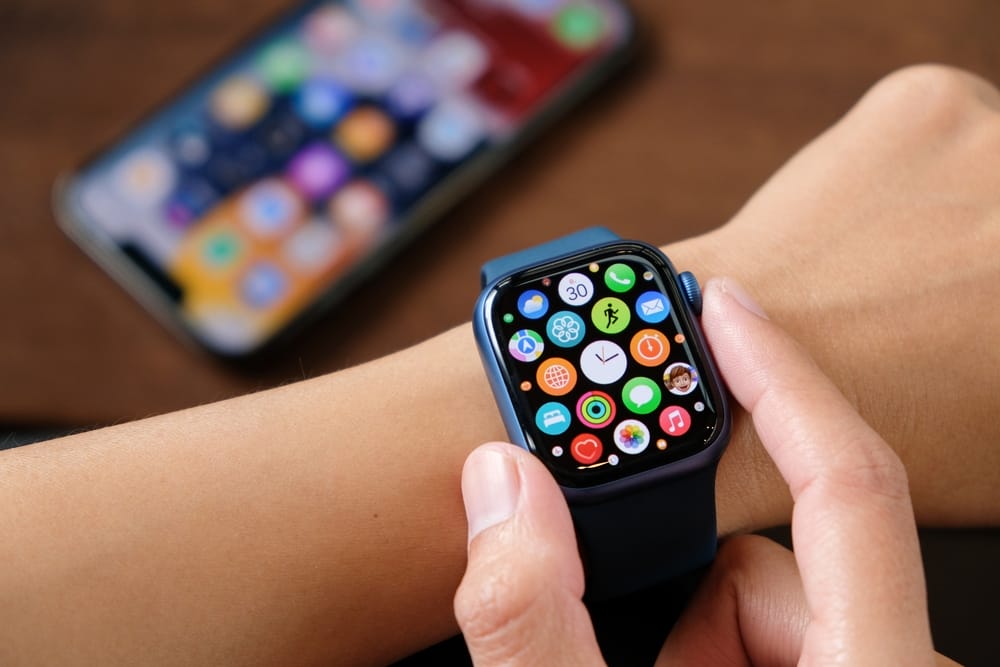Health-tracking apps and wearable digital devices are revolutionizing the way individuals manage and monitor their well-being—and offering lawyers significant opportunities to enhance their litigation strategies as well.
Data collected by fitness trackers, sleep monitors, and health-related apps can help an attorney establish a person’s baseline health, track changes after an accident or injury, and demonstrate the impact of an incident on an individual’s well-being.
As a computer forensic examiner, I’ve worked closely with plaintiffs and defense attorneys on electronic data recovery, and without a doubt, being able to access a cache of sensitive, real-time health information has the potential to be a powerful asset in legal proceedings.
In this post, we explore the value of the information collected by trackers, a few of the challenges the data can pose, and how computer forensic specialists can ensure the information is properly acquired and handled.
The Apple Health App: A Brief Case Study
As an example of how trackers can be used in litigation, let’s consider Apple Health, a comprehensive health and fitness application designed to track various aspects of an individual’s well-being. Apple Health gathers health data from iPhones, iPads, and Apple Watches, including step counts, heart rates, sleep patterns, nutrition and other material, and generates a rich dataset that can provide insights into a person’s daily activities and overall health.
The app may be useful to a litigator in:
- Establishing Routine and Habits: Apple Health data can serve as a reliable source to establish an individual’s routines and habits. This information can be valuable in cases related to alimony, child custody, or even personal injury claims where daily activities and lifestyle are under scrutiny.
- Corroborating Testimony: Data collected by Apple Health can act as a corroborating witness. For instance, if an individual claims to lead a sedentary lifestyle due to a health condition, the app’s data can provide evidence either supporting or contradicting that statement.
- Timeline Reconstruction: In cases where a specific event or incident is under investigation, Apple Health data can help reconstruct a detailed timeline. This timeline, including physical activities, sleep patterns, and heart rate fluctuations, can provide context to the events in question.
- Health Trends and Patterns: The long-term data stored in Apple Health allows for the identification of health trends and patterns. This information can be pivotal in cases involving personal injury or insurance claims, helping attorneys build a stronger argument based on the individual’s health history.
Risks and How Computer Forensic Specialists Can Help
Collecting and handling health information is not without risk. Data from tracking apps like Apple Health must be collected and used ethically and in compliance with privacy laws. Consent from the individual for accessing and utilizing such data is paramount. And expert analysis is required to ensure the accuracy and reliability of the data and its admissibility in court.
Computer forensic specialists can play a crucial role in assisting attorneys with extracting data from tracking applications, analyzing and interpreting the material collected, and ensuring that the evidence presented in court is accurate, reliable, and adheres to privacy regulations. Forensic examiners establish and enforce proper procedures for preserving and handling digital evidence to prevent spoliation and to ensure evidence maintains its integrity and its admissibility.
By leveraging their technical expertise, computer forensic specialists provide attorneys with the tools and insights needed to navigate the complex landscape of digital evidence, ultimately strengthening a legal case and facilitating a more informed and robust litigation strategy.
As technology continues to evolve, the wealth of data generated by tracking applications like Apple Health presents a valuable opportunity for attorneys. By harnessing the insights provided by these digital records, legal professionals can strengthen their cases, establish facts, and offer a more comprehensive representation of their clients. However, it is imperative to approach the collection and use of such data is legally and ethically sound.
To learn more, contact us for a consultation or visit our Forensic Technology practice page for additional information about our approach to computer forensic examinations.

